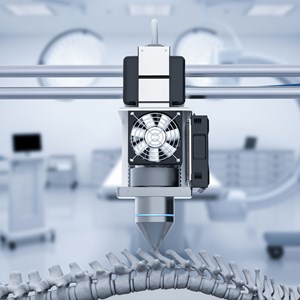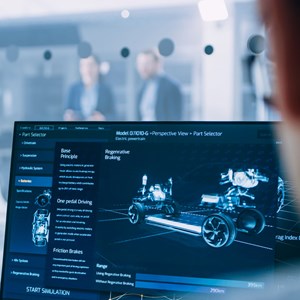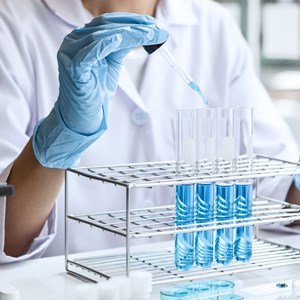NEWS

This workshop is motivated by the currently ongoing Horizon 2020 INKplant project (INK-BASED HYBRID MULTIMATERIAL FABRICATION OF NEXT GENERATION IMPLANTS), whose general objective is the future incorporation of additive manufactured scaffolds into the daily routine of medical practice, so that the whole society benefits from personalized regenerative therapies.

This CWA is related to two aspects: the identification of Critical Raw Materials (CRMs) embedded in car electronics and the information sharing among all the actors involved (for several reasons and with different roles) in automotive supply chains. This CWA defines a method to support all the automotive actors in identifying the presence of CRMs in car electronics and disassembling/separating/recycling these components in a proper way. The final aim is improving the recyclability rate of CRMs from cars, create a market for secondary CRMs and reuse CRMs in new high-value applications (possibly within the automotive sector).

The GLOMICAVE project is developing a cloud-based genotype to phenotype platform – relying on Big Data Analytics (BDA) and Artificial Intelligence (AI) techniques – and using large-scale publicly available and experimental omics datasets, enhanced with an automatic processing of scientific literature.

The objective of process intensification (PI) in the context of biorefining operations is to lead to a reduction in operation costs, feedstock and energy resources, greenhouse gas emissions and higher yields, while increasing operation safety, by concentrating on technologies which can intensify processing methods and create an integrated biorefinery concept. PI methods in general and specifically for biorefining operations have not featured strongly in the vast standards literature.

The aim of the workshop is to publish a test method suitable for assessing the potential presence of trace chemicals in absorbent hygiene products (AHPs).

This CEN/WS intends to develop two CWAs (Workshop Agreement). The planned Workshop intends to deliver 2 different documents related to obtaining in a limited time the materials fatigue properties. The first one, so called self-heating measurements, is based on the evolution of temperature measurements under cyclic loading. The second one, so called stiffness method measurements, is based on the evolution of the damage during cyclic loading.

The CEN-CENELEC Workshop on 'Definition of parameters required for modelling of the material, cell and manufacturing process behaviour for battery cells for the automotive market' was kicked off on 24 May 2022.

This CEN-CLC/WS intends to develop two CWA (Workshop Agreement):

The CEN Workshop ‘Exchanging of building and infrastructure damage information with the Common Alerting Protocol’ was kicked off on 22 March 2022. The Workshop’s registered participants have agreed on the final draft of the CWA.

The main objective of the CEN/WS 'Fracture toughness evaluation methodologies applied to advanced high strength steel sheets' is to provide guidelines describing different methodologies, informing about their suitability, and to provide recommendations that can be applied by the manufacturers during the planning, design, and operational phases of the manufacture of AHSS sheets.